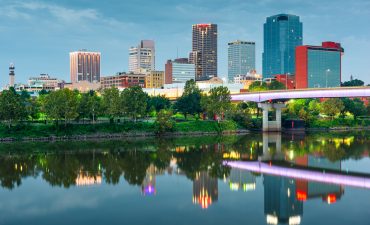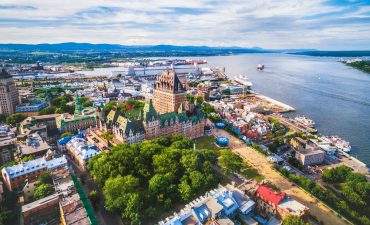Protein performs many functions in our body. Our body is 45 percent of proteins. It is a very important substance for our bodies which help in growth, repair and protection. Functions of proteins are very much dependent on the molecular structure.
It performs many functions in the body
1) It acts as the enzymes which are catalysts and helps in reaction between themselves and other proteins but the enzyme itself does not change till the end of reaction. Many important processes in our body like metabolism, digestion. DNA replication enzymes are involved.
2) For good health antibodies are required which are made up of certain proteins.
3) Proteins act as the transporter of substances in blood to where they are required in the body. For e.g. a protein named as hemoglobin which combines with the molecules of iron and transfer it to the different parts of body.
4) It helps in maintaining the water balance. Protein controls fluid volume and osmolarity in tissues throughout the body and blood. This function contributes a lot in water balancing.
5) It can maintain blood pH as proteins are amphoteric and are able to cope up with alkaline and acidic surroundings.
6) Proteins can be synthesized to some particular hormones and neurotransmitters like insulin and serotonin respectively that helps in controlling some body functions.
7) One is structural proteins that are not much active like others but they provide strength and support to the biological components and are long, thin, and fibrous in shape.
8) It helps in signaling by which the body can co-ordinate for many cellular activities. Signals are the communication between two cells. It can carry signals because it has the tendency to bind with other molecules. Thus allowing the cells to pass information from one part of the body to others.






